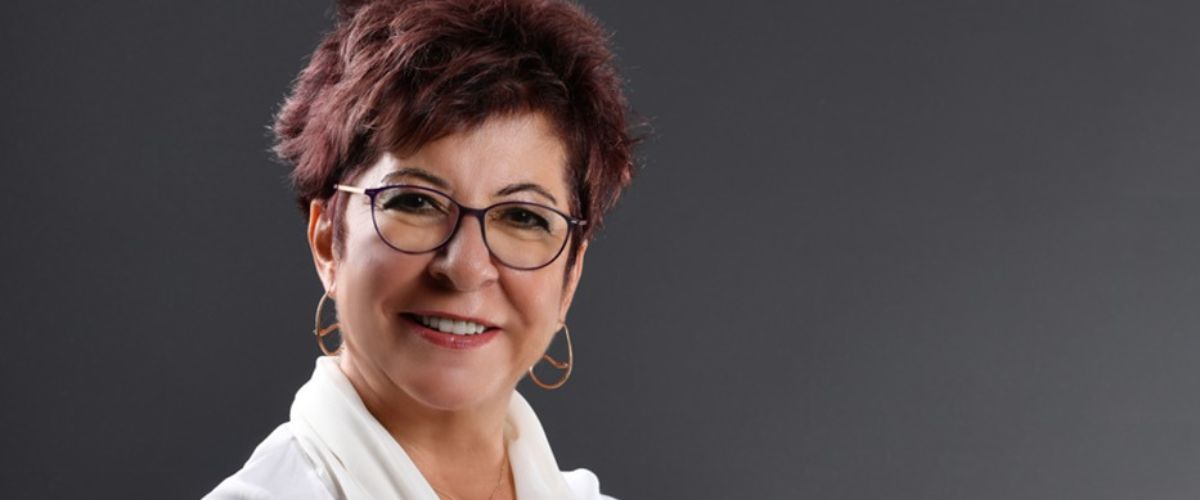“Supporting Children's Social and Emotional Development Should Be a Right”
Altınbaş University Faculty Member Prof. Dr. Neşe Buket Aksu said, “Supporting children's social and emotional development should be a right” and emphasized that children should be raised with a strong social and emotional foundation.
November 20, International Children's Rights Day is celebrated to draw attention to the protection of children's fundamental rights as well as their healthy social and emotional development. Raising awareness of children's rights around the world aims to ensure that children receive the social and emotional support they deserve. Experts state that this support should be provided by families, educational institutions and society together. Altınbaş University Faculty Member and Senior Educator Prof. Dr. Neşe Buket Aksu stated that “Supporting children's social and emotional development should be a right” and that raising children with a strong social and emotional foundation will positively shape not only their present but also their future lives.
Formalized in 1989 with the United Nations Convention on the Rights of the Child, today's Convention draws attention to a wide range of rights that cover not only the physical but also the emotional, social and cultural needs of children. Prof. Dr. Neşe Buket Aksu said, “Social and emotional development is a fundamental requirement for children to become self-confident, resilient and socially adaptable individuals. It is also a human right to support children's social and emotional development.”
“Children must be supported to become emotionally healthy individuals”
Prof. Dr. Buket Aksu reminded that education systems and families should allocate more resources and time for children to develop in this area. She asked that children should have the right not only to receive education, but also to receive support to become emotionally healthy individuals. Aksu said, “Children's ability to express themselves, gain emotional awareness and establish healthy relationships is vital not only for their individual development but also for social cohesion. In this process, the models included in the education curricula have a great contribution.” and drew attention to the responsibility of the education system.
Stronger individuals with the “Big Five Model”
Prof. Dr. Aksu mentioned that models such as the Big Five model support children's personality traits such as curiosity, intrinsic motivation, responsibility and adaptability. According to Prof. Aksu, these models aim not only for academic success, but also for children to grow up as self-confident and emotionally strong individuals. He argues that this approach, which enables each child to discover and develop their different potentials, will help them take stronger steps into the future. Aksu also believes that education systems' adoption of such comprehensive tools is key to building healthier individuals and societies.
“Protecting children's developmental rights is essential for the well-being of society”
Prof. Dr. Aksu also stated that the protection of children's developmental rights is essential for the welfare of society. Considering it imperative for families, educators and all segments of society to take responsibility in this regard, Prof. Aksu said: “In order to support these characteristics of children, families should spend quality time with them, establish emotional bonds and allow them to discover their different talents. Educators, on the other hand, should include social skills trainings in schools, encourage students to interact with each other and work towards developing their emotional intelligence.”
Prof. Dr. Buket Aksu finally made suggestions that will increase both the individual happiness and social harmony of children.
What can families do? “Organize emotion sharing hours”
- Organize daily “emotion sharing” hours at home so that children can identify their feelings.
- Involve children in decision-making processes to increase their self-confidence (for example, planning weekend activities together).
- Conflicts between siblings and peers should be taken as an opportunity to develop problem-solving skills and solutions should be sought together.
Educators are the most important part of the system. “Use storytelling to develop empathy”
- Collaborative group projects should be included more frequently in classroom activities.
- Short “emotion awareness” exercises at the beginning or end of each lesson (e.g. students sharing what emotions they felt that day).
- Storytelling or drama activities should be organized for children to develop empathy.
The responsibility of the state and society is important. “Voluntary social responsibility projects should be encouraged”
- Guidance programs that support social and emotional development should be expanded in schools.
- Municipalities should create safe playgrounds and cultural activity centers in neighborhoods where children can come together and develop their social skills.
- “Parent education programs” should be supported for children to establish healthy bonds with their parents.
- More emphasis should be placed on physical play and face-to-face activities to balance the impact of social media and digital games on children's social skills.
- Encourage children to participate in voluntary social projects to help them gain empathy and responsibility


